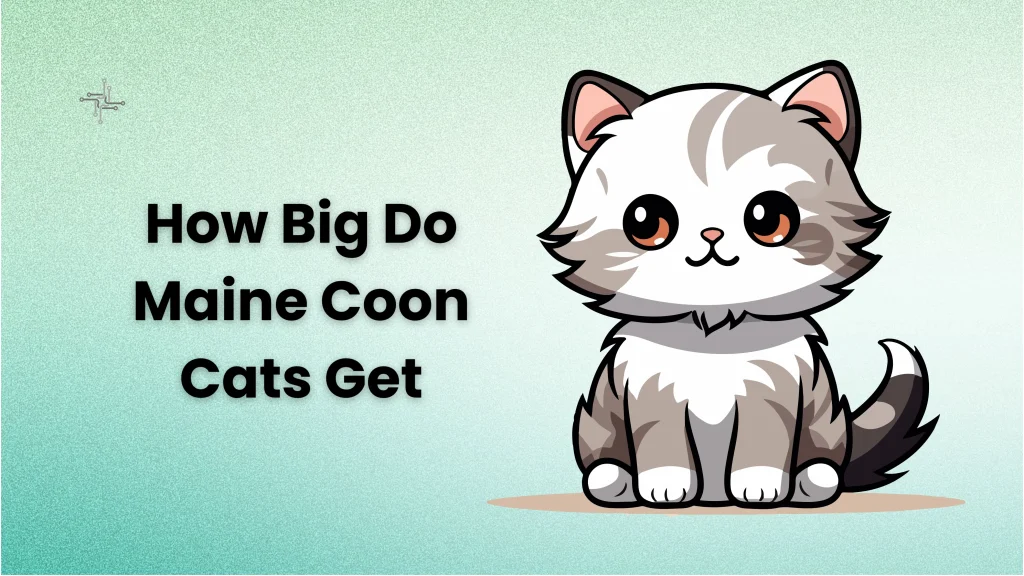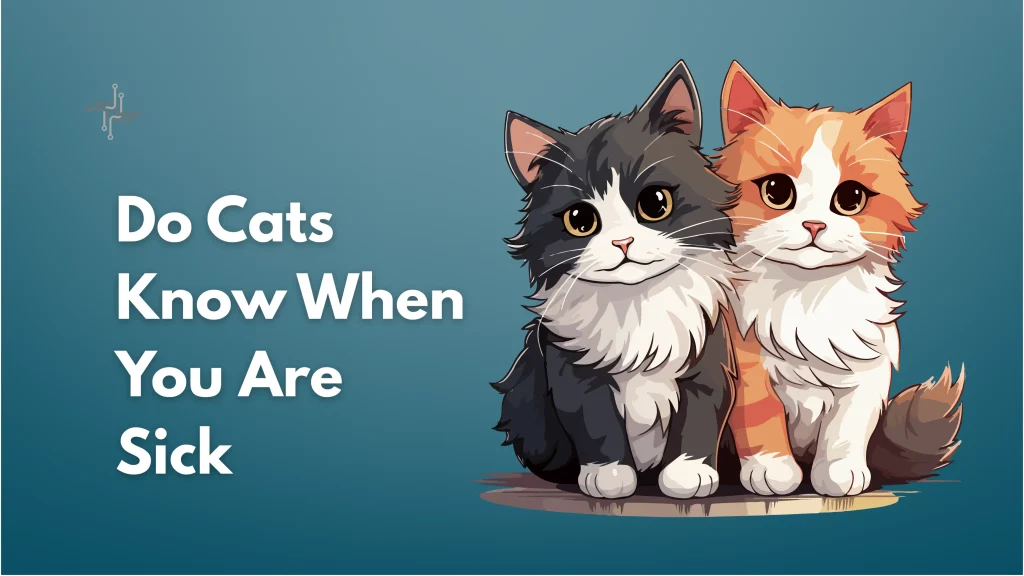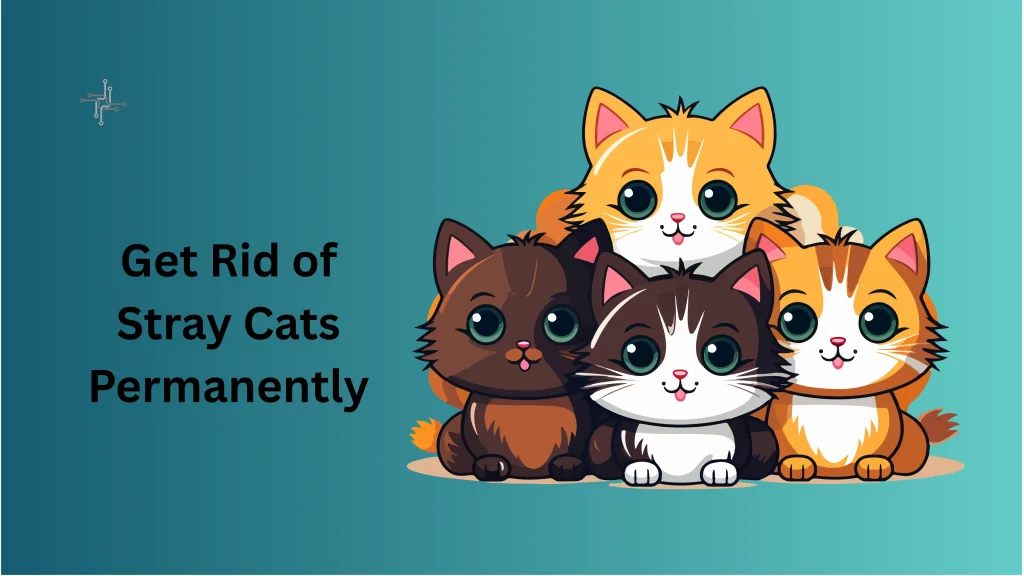The Maine Coon is one of the largest domestic cat breeds. Known for their friendly and playful nature, they have a long history, originally from the state of Maine. These cats are characterized by their large size, thick fur, and bushy tails. Their appearance and personality make them a popular choice for many pet owners.
Size matters for Maine Coon cats because it affects their care and needs. Larger cats need more space, more food, and more attention to their health. Understanding their size helps owners prepare for their growth stages and avoid any health issues. Their big size also contributes to their unique charm, making them stand out from other cat breeds.
Table of Contents
Average Size of Maine Coon Cats
Maine Coon cats are known for their impressive size. Adult male Maine Coons typically weigh between 13 to 18 pounds, while females are usually smaller, weighing around 8 to 12 pounds. Their length can range from 19 to 40 inches, including their long, bushy tails. This makes them one of the largest domestic cat breeds.
The size of Maine Coon cats is not something they achieve quickly. These cats are slow to mature and often take 3 to 5 years to reach their full size. Their growth process is gradual, with kittens starting small and growing steadily as they age.
While the average weight and size are generally consistent, some Maine Coons can grow even larger. It’s not uncommon for some males to weigh more than 20 pounds, although this is less typical. Their size contributes to their unique look and makes them stand out from other breeds.
Factors Affecting Maine Coon Size
Genetics and Inheritance
Genetics plays a major role in determining the size of a Maine Coon cat. If both parents are large, the kittens are likely to be big as well. The genetic background of the cat’s family history can heavily influence its growth and final size.
Diet and Nutrition
A healthy, balanced diet is crucial for a Maine Coon’s growth. Providing high-quality food rich in protein and essential nutrients helps the cat grow bigger and stronger. Proper nutrition supports healthy bone development and muscle growth, which are vital for large cats.
Health Conditions
Health conditions can impact a Maine Coon’s size. Medical issues or poor nutrition during kittenhood can hinder proper growth. Early health concerns, like parasites or infections, can also affect their overall development, potentially leading to smaller-than-average size.
Growth Environment
The environment in which a Maine Coon grows up can also influence its size. Cats raised in a stress-free, nurturing environment with plenty of space to play and exercise are more likely to grow to their full size. A lack of proper stimulation or overcrowding can sometimes stunt their growth.
Gender Differences
There is a noticeable difference in size between male and female Maine Coon cats. Males tend to grow larger, often reaching the upper end of the size range. Females are typically smaller, but still larger than many other domestic cat breeds. Gender plays a significant role in determining the final size of a Maine Coon.
Growth Stages of Maine Coon Cats
Kitten Stage
During the kitten stage, Maine Coon cats grow quickly. They are small at birth, weighing around 85-120 grams. In the first few months, they start to gain weight and grow at a steady pace. By the time they reach 8 months, they can weigh between 4 to 6 pounds, but they are still considered kittens. Their coats begin to develop, and they become more playful and curious.
Adolescent Stage
In the adolescent stage, Maine Coon cats continue to grow, but at a slower rate. They reach about 50% of their full adult weight by 12 months, with males weighing around 10 to 14 pounds and females around 7 to 10 pounds. During this period, their bones and muscles are developing, and they start to show signs of maturity. Their personalities may change as they settle down, but they remain playful and active.
Adult Stage (2 Years and Beyond)
By the age of 2 years, Maine Coons are usually considered adults. This is when they reach their full size, with males weighing between 13 to 18 pounds and females around 8 to 12 pounds. Their coats become thick and luxurious, and they develop their full strength and energy. While they may continue to fill out in muscle mass, most Maine Coons stop growing after this stage.
How to Measure Your Maine Coon Cat
Measuring Weight
To measure your Maine Coon’s weight, use a digital scale. Start by weighing yourself and then weigh yourself holding the cat. Subtract your weight from the combined weight to find your cat’s weight. Make sure to do this on a flat surface for accurate readings. Regularly checking their weight will help you track their growth.
Measuring Length
To measure the length of your Maine Coon, place the cat on a flat surface and gently stretch them out. Use a measuring tape or ruler to measure from the tip of their nose to the tip of their tail. Make sure your cat is as straight as possible for an accurate measurement.
Measuring Height
To measure the height of your Maine Coon, measure from the floor to the top of their shoulders while they are standing. This is best done when the cat is standing naturally. Height can vary depending on their posture, so ensure they are standing up straight for the most accurate reading.
Male vs. Female Maine Coon Size
Male Maine Coon Size
Male Maine Coon cats are generally larger than females. They typically weigh between 13 to 18 pounds, with some reaching even higher weights. Their length can range from 19 to 40 inches, including their tail. Males tend to have broader shoulders and more muscular bodies, giving them a larger and more powerful appearance.
Female Maine Coon Size
Female Maine Coons are smaller than their male counterparts. They typically weigh between 8 to 12 pounds and are generally shorter in length. While they are still large compared to other domestic cats, they do not reach the same size as males. Despite being smaller, females still retain the breed’s signature muscular build and strong frame.
Conclusion
Maine Coon cats are among the largest domestic cats, with males typically weighing 13 to 18 pounds and females around 8 to 12 pounds. They can grow up to 40 inches long, including their bushy tails. Their size makes them stand out from other cat breeds.
Several factors influence their size, including genetics, diet, and health. Male Maine Coons are generally larger than females. Understanding their growth stages and how to measure them helps you track their development. With proper care, Maine Coons can reach their full size and live healthy, happy lives.


